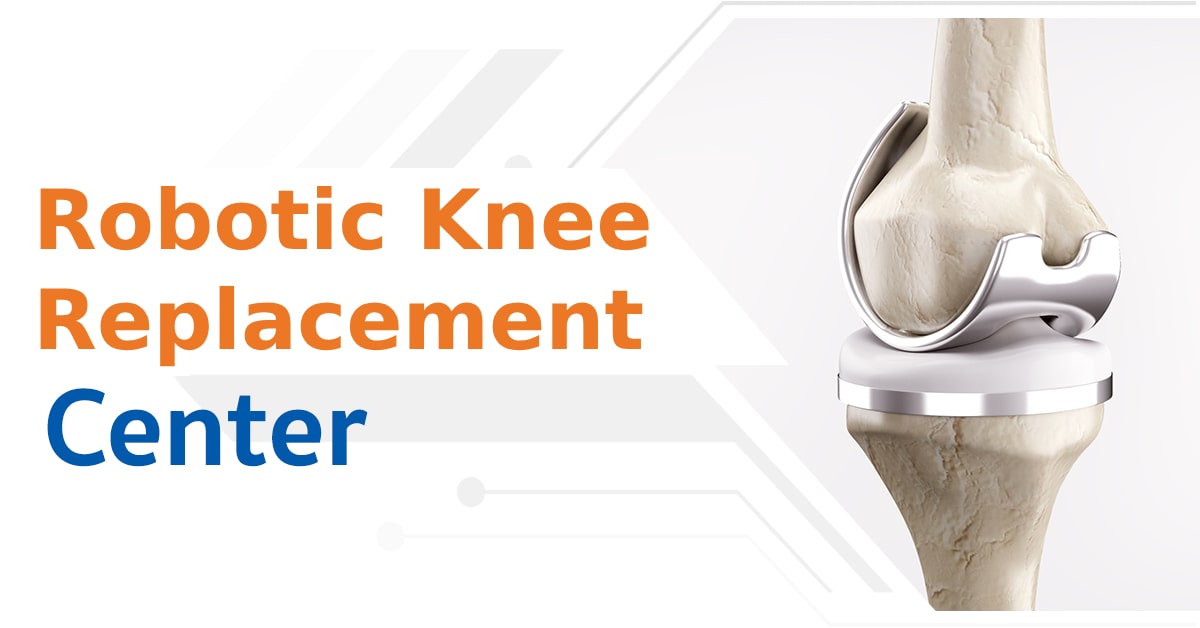
Left ventricular hypertrophy
Overview
Thickening of the lower left heart chamber’s walls is known as left ventricular hypertrophy. The left ventricle is the term for the lower left heart chamber and is the principal pumping chamber of the heart. The left ventricle distributes oxygenated blood to tissues throughout the body via the aorta (the biggest artery in the body.)
The thicker heart wall may stiffen with left ventricular hypertrophy. Blood pressure in the heart rises and this condition make it more difficult for the heart to efficiently pump blood. Over time, the heart may lose its ability to pump with the required force.
The most frequent cause of left ventricular hypertrophy is uncontrolled hypertension. Heart failure and arrhythmias, which are abnormal heart rhythms, are the complications.
The cause of left ventricular hypertrophy affects the course of treatment. Drugs or surgery may be used as a form of treatment.
Symptoms
Left ventricular hypertrophy often happens over time. Some people do not experience symptoms, particularly in the beginning stages of the illness.
Left ventricular hypertrophy doesn’t manifest any symptoms by itself. However, if the strain on the heart worsens, symptoms could develop. They may consist of:
- Breathing difficulty, especially while lying down
- Swollen legs
- Chest pain, commonly experienced during exercise
- Palpitations, which are the sensation of a hammering, fluttering, or fast heartbeat.
- Losing consciousness or experiencing dizziness
Go to the emergency department if:
- You get chest pain for more than a few minutes.
- You’re having a difficulty breathing.
- You have severe dizziness or fainting
- You suddenly experience a terrible headache, have trouble speaking, or experience weakness on one side of your body.
Consult your doctor if you experience mild shortness of breath, palpitations, or other symptoms.
Your doctor will probably advise routine heart checks if you have high blood pressure or any condition that raises the risk of left ventricular hypertrophy.
Causes
Left ventricular hypertrophy can result from anything that strains the lower left chamber of the heart (left ventricle). The muscular tissue in the chamber wall thickens as the left ventricle is put under more stress. The size of the heart chamber itself can sometimes grow.
Gene alterations that alter the structure of the heart muscle can potentially result in left ventricular hypertrophy.
The following are some factors that may make the heart work harder and possibly result in left ventricular hypertrophy:
- High blood pressure. This is the most frequent cause of left ventricular hypertrophy and is also known as hypertension. The left side of the heart becomes more strained and enlarges as a result of persistently high blood pressure. Treatment of high blood pressure can lessen and possibly even reverse the symptoms of left ventricular hypertrophy.
- Aortic valve narrowing (aortic stenosis). The body’s main artery, known as the aorta, and lower left heart chamber are connected by the aortic valve. Aortic stenosis is the medical term for a valve narrowing. The heart has to work harder to pump blood into the aorta when the valve is narrowed.
- Vigorous athletic training. Training for strength and endurance that is intense and prolonged alters the heart. The modifications aid the heart in adjusting to the increased physical demand. However, the modifications may cause the heart muscle to enlarge. This condition is also known as athletic heart syndrome or athlete’s heart. It’s unknown whether the larger hearts of sportsmen might cause heart disease or muscle stiffness.
The heart can become thicker due to certain illnesses that run in families and are referred to as genetic disorders. They consist of:
- Hypertrophic cardiomyopathy. Gene changes that result in the thickening of the cardiac muscle are the cause of this disorder. The thickening makes blood pumping more difficult for the heart. It can happen even if your blood pressure is normal. 50% of people who have one parent with hypertrophic cardiomyopathy will also have the disease’s genetic mutation.
- Amyloidosis. Proteins accumulate around the organs, including the heart. The organs’ ability to function is hampered by the protein accumulation. Familial amyloidosis is the term used to describe a disorder that is passed down through families. The kidneys and nerves may also be impacted by this genetic disease.
Risk factors
The risk of left ventricular hypertrophy is increased by the following factors:
- Age.Older persons are more likely to develop left ventricular hypertrophy. The same goes for high blood pressure, which can thicken heart muscle.
- Female gender.Compared to males with same blood pressure readings, women with high blood pressure are more likely to develop the condition.
- Heredity.Left ventricular hypertrophy may be brought on by changes in genes that are handed down via generations.
- Weight.Overweight people are more likely to have high blood pressure and left ventricular hypertrophy.
- Diabetes.Diabetes raises the likelihood of developing left ventricular hypertrophy.




















